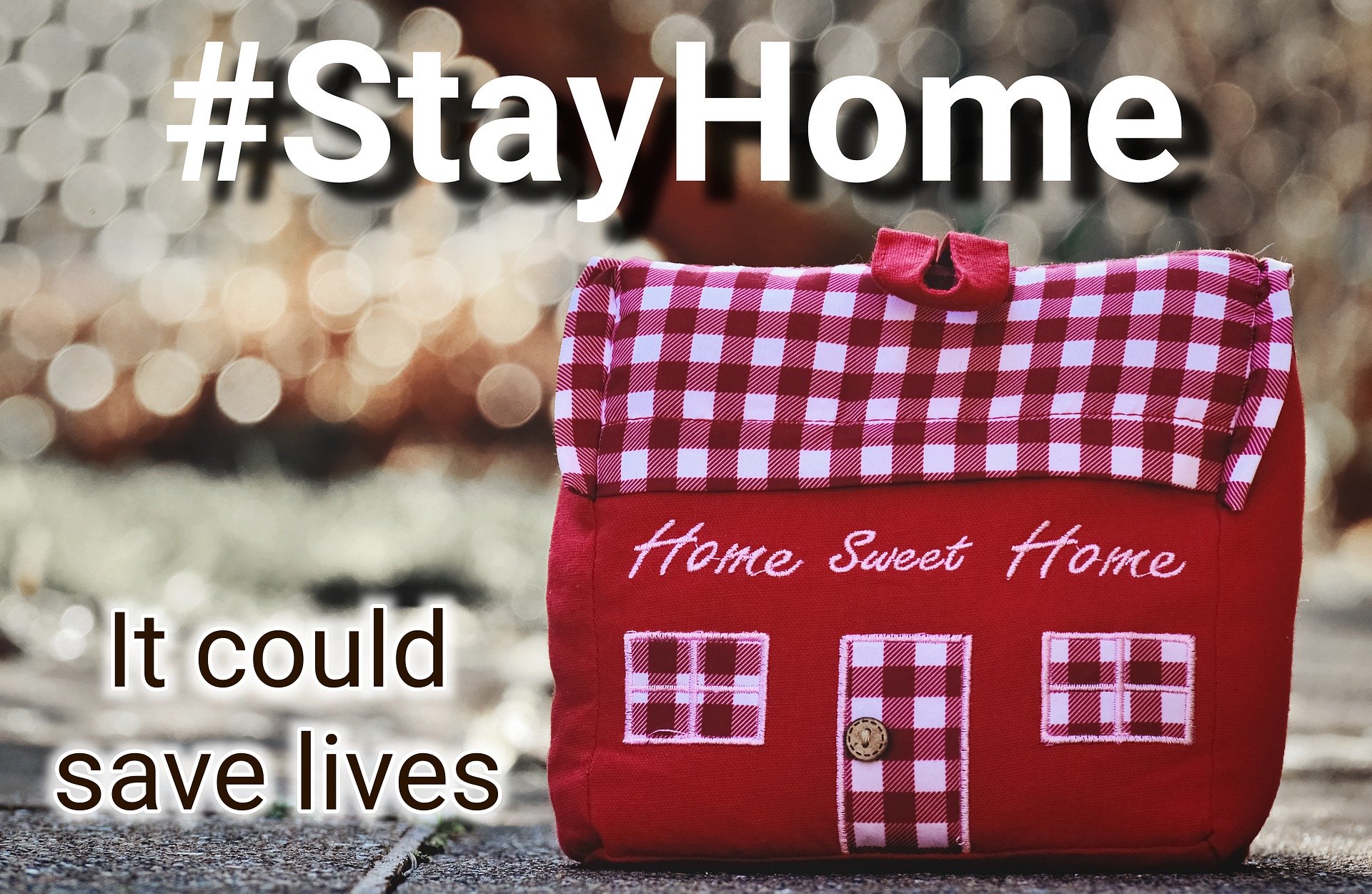In the spirit of sharing and raising awareness due to the unexpected global Coronavirus disruptions, we’re reposting this vital information on our blog for the benefit of Netizens everywhere. – Althea McCourt
A long period of isolation during COVID-19 may well be a necessary measure for public health, but it has been acknowledged that it could also have a detrimental impact on people’s mental health. Here are some tips which you could practise if your mental health is getting affected during self-isolation.
Make time for micro-lifts throughout the day
One of the main problems with self-isolation is that we start to miss “micro-lifts” that we normally have peppered throughout our day without even necessarily realising.
You’re on your way to work, you might pop into your favourite coffee shop or say hi to someone in the street, there are small little things throughout our day that help to lift us often without us even realising.
When you’re alone at home that doesn’t happen – and the cumulative effect of that is massive, especially around the two-week mark. So instead we need to create micro-lifts, it has to be something that generates a sense of achievement. That might be a new exercise, learning a little bit of a language, talking to someone on FaceTime or joining a book group online.
Do maintain a healthy diet
When you’re at home it can be tempting to just sit on the sofa without moving, eating unbalanced meals and snacking all day as a way to entertain yourself. Do your best to eat well. If you haven’t got people who can bring food to you then see if you can sign up to home deliveries from your local supermarket so then you could cook something healthy for yourself.
Engage with nature
Our physical health and mental health are linked so try to create a routine that includes some physical exercise. Although you can’t spend time with others, do make the most of any private outdoor space you have – such as a garden or balcony – if you have one, as being in nature can also help our wellbeing. Try looking out of the window to watch the birds or tend to houseplants to keep your mind stimulated and engaged with nature. If you can, also open the window and let fresh air into your room.
Maintain a sense of routine
Find yourself spending all day in your pajamas or remembering at 3pm that you haven’t brushed your teeth because you knew you wouldn’t be seeing anyone? Although in the short term it can feel nice to be lazy, in the long term this isn’t going to be good for your mental wellbeing. As far as possible, try to maintain as much of a routine as you can. Wake up and go to bed at healthy times to ensure you get enough sleep.
Don’t just sit in front of a screen – vary your activities
Sitting in front of a screen all day – whether for work or pleasure – is not the best way to spend long periods of time. Especially because the blue light from devices, like smartphones, can be disruptive to your sleep and overall wellbeing.
Anxiety UK, a charity that helps people suffering with anxiety, has produced a list of self-isolation activities to diversify what you do at home in the coming weeks.
It suggests: downloading podcasts, watching box sets, doing arts and crafts, knitting, trying meditation, baking new foods, learning a new hobby like origami, Skyping friends, FaceTime calls, cooking, writing, reading a book, doing DIY or gardening.
Limit your news intake
If you are finding the constant 24/7 coverage of coronavirus is impacting your mental health, particularly on social media, then you can opt out. The World Health Organisation says: “A near-constant stream of news reports about an outbreak can cause anyone to feel anxious or distressed.”
“Seek information updates and practical guidance at specific times during the day from health professionals and the WHO website and avoid listening to or following rumours that make you feel uncomfortable.”
Source:
www.independent.co.uk
World Health Organization

